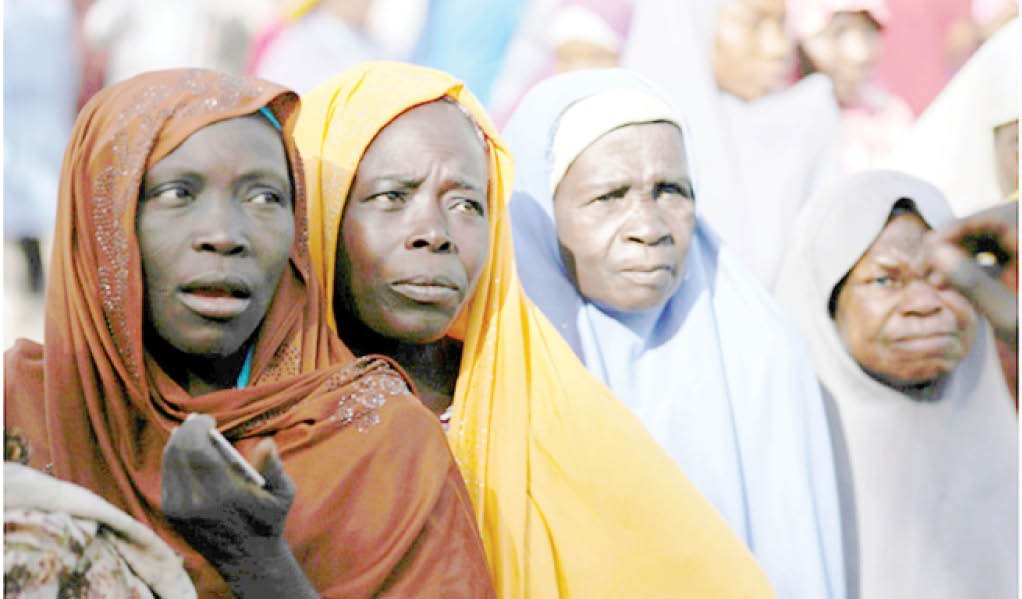Eight Commissioners of Women Affairs have advanced the domestication of the National Women’s Economic Empowerment (WEE) Policy.
The commissioners who are from Kano, Kaduna, Borno, Kwara, Plateau, Enugu, Akwa Ibom and Lagos states have pointed out that the move is part of their unwavering efforts to enhance the living conditions of women in Nigeria.
Speaking separately during a panel presentation on Women’s Economic Empowerment at the 24th National Council on Women Affairs in Jos, the Plateau State capital on Thursday, the commissioners revealed that deliberate efforts helped them to achieve their aim.
According to them, they have tirelessly pushed for women’s increasing access to finance, agriculture, education and security, as well as boosting their general economic well-being.
- Oyebanji hails Gen. Oluyede’s appointment as Ag. COAS
- Flood kills 321 in 34 states, affects 1.4m people
In her presentation at the event, the Kano State Commissioner of Women Affairs, Hajiya Aisha Lawal Saji, expressed gratitude to the partners, particularly the Development Research and Projects Centre (DRPC), for their invaluable support in the domestication of the policy in Kano State.
Represented by the Director, Planning, Research and Statistics, Alhaji Yakubu Muhammad, the Commissioner disclosed that over 5,000 women are paid N50,000 each month as part of the intervention to improve their living conditions, stressing that when domesticated, the policy will go a long way in improving the allocation of funds to issues affecting women in the state.
On her part, the Commissioner of Women Affairs, Akwa Ibom State, Dr Ini Adiakpan, described the state’s WEE policy domestication code-named the ‘WEE Lift Nigeria’ is designed to ensure over 90% of women in the state are provided with the required interventions to get them out of poverty.
“The WEE policy domestication has adequate provisions to ensure access to finance, access to implements, and education, health and every social intervention that will ensure the women in Akwa Ibom state are properly taken care of,‘’ she said.
In his remarks, the Director of Projects at the Development Research and Projects Centre, Dr Stanley Ukpai, pointed out that there are many reasons why all 36 states must domesticate the policy, adding that the policy remains the guide/manual that provides a framework for decision-making.

 Join Daily Trust WhatsApp Community For Quick Access To News and Happenings Around You.
Join Daily Trust WhatsApp Community For Quick Access To News and Happenings Around You.
